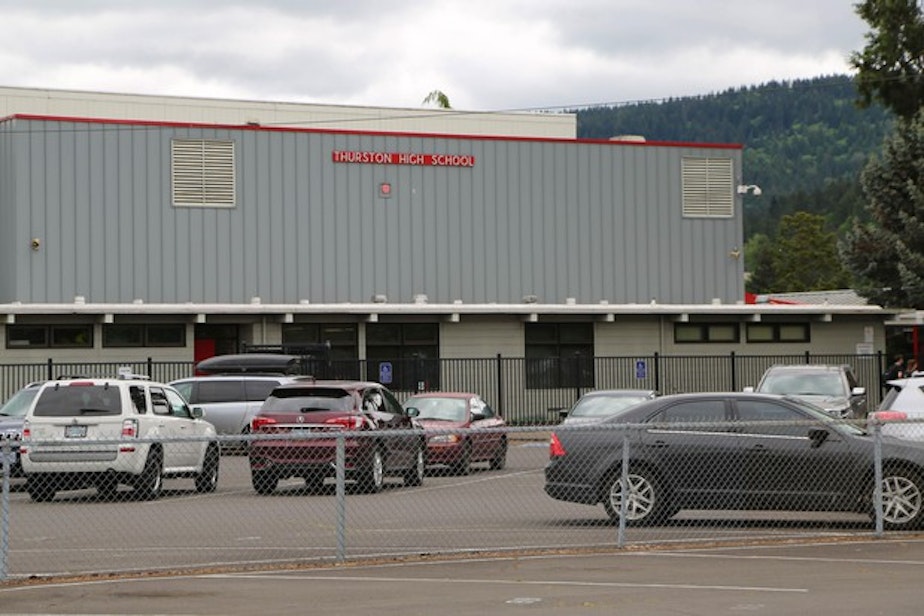U.S. Supreme Court won't take Thurston, OR school shooter case

On May 21, 1998, Kipland Kinkel killed two students and shot 25 others. He also killed his parents. The shooting was the last in a string of deadly shootings during the 1997-1998 school year.
The U.S. Supreme Court declined Monday to hear the case of a man convicted for his role in one of the highest profile school shootings in recent memory.
Kipland Kinkel was 15 at the time he killed his parents before shooting two students and wounding 25 others at Thurston High School in Springfield, Oregon, on May 21, 1998.
Kinkel, now 36, is an inmate at the Oregon State Correctional Institution.
The U.S. Supreme Court's decision to not hear the case means the Oregon Supreme Court's ruling will stay in place. In May, the Oregon Supreme Court upheld Kinkel's 112-year prison sentence.
His lawyers argued that because he was a juvenile when he committed the crimes, the Eighth Amendment prohibits what amounts to a life sentence without the possibility of parole.
Sponsored
The Oregon Supreme Court rejected that argument and decided the sentence does not represent cruel and unusual punishment.
Thaddeus Betz, Kinkel's lawyer, said in a written statement that his team is "disappointed that the United States Supreme Court declined to review and correct the Oregon Court's error."
He said he'll continue to look for ways to challenge the constitutionality of Kinkel's sentence.
[Copyright 2019 Oregon Public Broadcasting]
